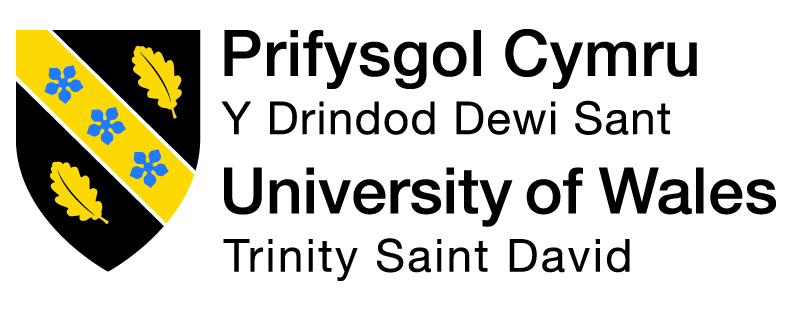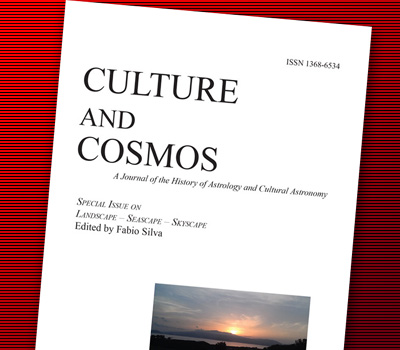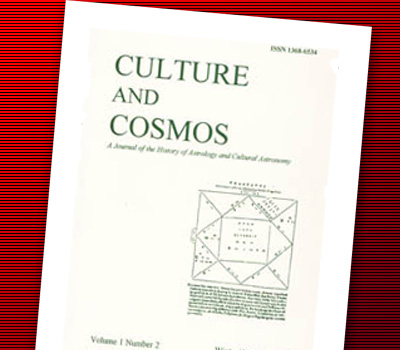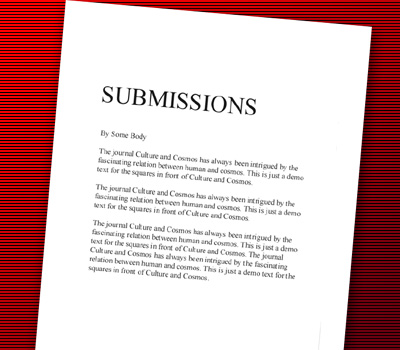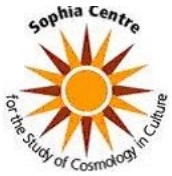We are currently seeking submissions for future volumes of Culture and Cosmos.
Volume 19
The Celestial Imagination: Proclus the Philosopher on Theurgy
José Manuel Redondo
Abstract
This paper focuses on Proclus's On the hieratic art of the Greeks - considered as a contemporary philosophical problem - exploring some of its fundamental concepts and images, thus delineating Proclus's notion of theurgy, which he primarily conceived as divine action manifesting in the union between a god and the theurgist, and only secondarily as a technique. These aesthetic experiments of thought or philosophical performances, by means of which a divine self is created, had deep metaphysical, cosmological, psychological, ethical, linguistic and even political and religious implications for Late Antiquity Platonism, and had a profound impact on the development of Renaissance philosophy and magic. Such practices are meant to be understood in the context of the philosophical paideia of which it represents its final stage and consummation; they are developed by intricate hermeneutics of a poetic theology operated by very sophisticated conceptions of symbol, analogy and the imagination, all of which are at the base of the celestial-terrestrial correspondences used by theurgists in their hymn singing.
Citation: José Manuel Redondo, 'The Celestial Imagination: Proclus the Philosopher on Theurgy', Celestial Magic, special issue of Culture and Cosmos, Vol. 19, nos. 1 and 2, 2015, pp. 25-46.

